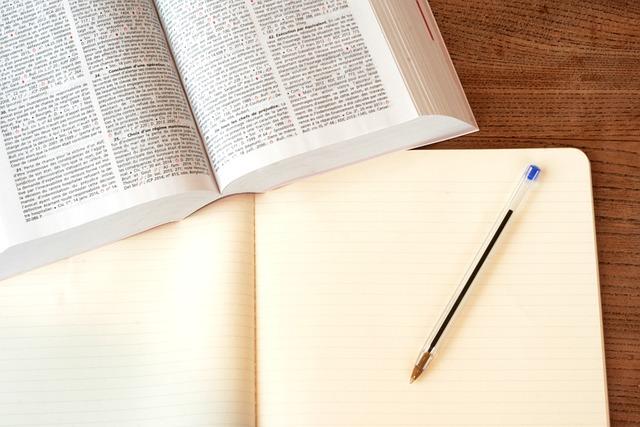Legal Rights of Students in Pakistan: Access and Equity
Education is a fundamental right for every individual, and in Pakistan, students possess certain legal rights aimed at ensuring access and equity in education. This article delves into the legal framework that governs these rights, the challenges faced by students, and practical steps they can take to ensure their rights are upheld.
Understanding Legal Rights in Pakistan
The Constitution of Pakistan guarantees the right to education, particularly through Article 25-A, which states, “The State shall provide free and compulsory education to all children of the age of five to sixteen years.” This article marks a significant effort to improve access to education for marginalized communities.
Key Legal Rights of Students
- Right to Free Education: As per Article 25-A, children within the specified age group are entitled to free education.
- Right to Quality Education: The education provided must meet acceptable standards, ensuring every student can learn in a conducive environment.
- Right to Non-Discrimination: Students must not face discrimination based on gender, religion, or socioeconomic status.
- Right to Safe Learning Environments: Schools must provide safe spaces where students can learn without fear of harm or harassment.
Challenges to Access and Equity
Despite the legal framework that protects student rights, numerous challenges hinder access and equity in education across Pakistan. Below are some major obstacles:
- Poverty: Many families are unable to afford educational expenses, which leads to child labor or early marriages, particularly for girls.
- Geographical Barriers: Students in rural areas often lack access to quality educational facilities compared to urban counterparts.
- Gender Disparity: Cultural barriers can limit girls’ access to education, resulting in a significant gender gap in literacy rates.
- Inadequate Infrastructure: Many schools lack basic facilities like clean water, proper sanitation, and trained teachers.
Benefits of Upholding Student Rights
Ensuring that students understand and claim their legal rights has several benefits:
- Increased Enrollment: When children are aware of their right to free education, it can lead to higher enrollment rates.
- Enhanced Accountability: Schools are held accountable to meet the minimum standards required for quality education.
- Empowered Students: Knowledge of one’s rights fosters a culture of advocacy among students, leading to informed communities.
Practical Tips for Students
To help students navigate their rights, here are some practical tips:
- Research Your Rights: Familiarize yourself with national and provincial education policies.
- Speak Up: If you feel your rights are being violated, communicate your concerns to school authorities.
- Engage with Local NGOs: Organizations focused on education rights can provide support and resources.
- Build Community Support: Encourage parents and local leaders to advocate for educational rights collectively.
Case Studies and Real-Life Experiences
In various districts throughout Pakistan, there have been notable efforts to improve access to education by enforcing legal rights. For example:
| Case Study | Description | Impact |
|---|---|---|
| Girl’s School Initiative in Sindh | Establishment of girls’ schools in traditional areas. | Increased enrollment of girls by 40%. |
| Student Advocacy Groups | Formation of groups to educate students about their rights. | Empowered students to address grievances actively. |
| Policy Changes | Implementation of stricter laws against discrimination. | Improved safety and equity in schools. |
Conclusion
The legal rights of students in Pakistan play a crucial role in shaping the educational landscape. Awareness of these rights, alongside concerted efforts to address ongoing challenges, is essential for achieving true access and equity in education. By advocating for their rights and supporting one another, students can contribute to a more inclusive and equitable education system in Pakistan.



